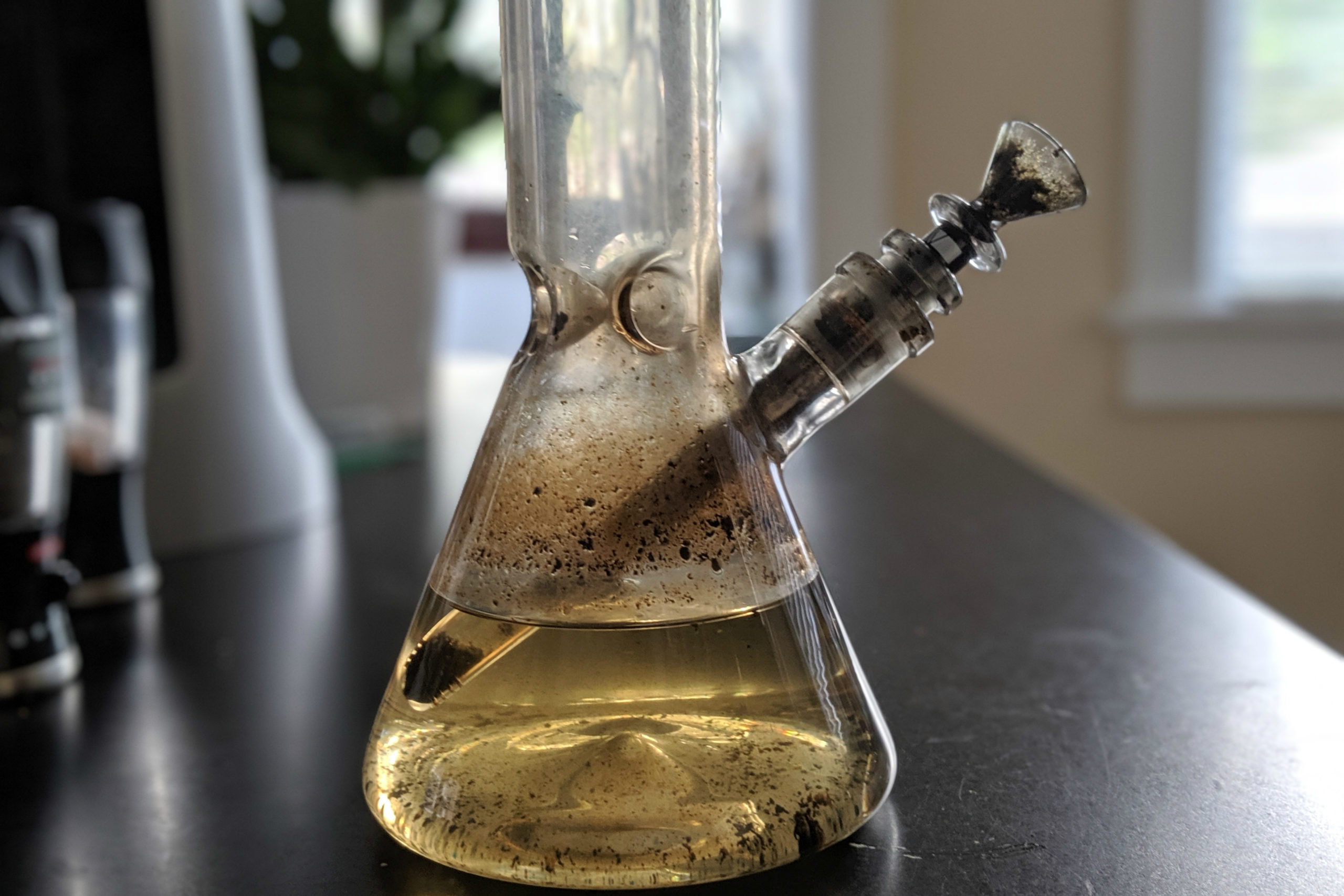As the COVID-19 pandemic continues to affect lives globally, COVID vaccination has emerged as a crucial tool in mitigating the virus’s impact. However, misinformation surrounding the vaccines has proliferated, leading to confusion and hesitancy among the public.
This article aims to debunk common myths related to COVID vaccination, providing clear, evidence-based information to help individuals make informed decisions about their health.
Myth 1: COVID Vaccination Alters Your DNA
One of the most persistent myths is that COVID vaccination can change or alter a person’s DNA. This misconception stems from the use of mRNA vaccines, like Pfizer-BioNTech and Moderna, which utilise messenger RNA to instruct cells to produce a harmless piece of the spike protein found on the virus.
It’s important to clarify that mRNA vaccines do not interact with or alter human DNA in any way. The mRNA from the vaccine never enters the cell’s nucleus, where DNA is housed. Instead, it provides a temporary set of instructions for cells to produce the spike protein, triggering an immune response.
Once the protein is made, the mRNA is broken down and eliminated from the body. This process is a natural part of how our cells work and does not affect our genetic material.
Myth 2: Vaccines Cause Severe Side Effects
Concerns about severe side effects from COVID vaccination have caused many to hesitate. While it is true that some individuals may experience mild to moderate side effects—such as soreness at the injection site, fatigue, or mild fever—these symptoms are typically short-lived and indicate that the body is building protection against the virus.
Serious side effects from COVID vaccination are extremely rare. Regulatory agencies, such as the U.S. Food and Drug Administration (FDA) and the European Medicines Agency (EMA), continuously monitor vaccine safety and have concluded that the benefits of vaccination far outweigh the risks.
The data consistently shows that the risk of severe illness from COVID-19 itself is significantly higher than the risk of adverse effects from the vaccines.
Myth 3: Natural Immunity Is Better Than Vaccine-Induced Immunity
Another common belief is that natural immunity from a COVID-19 infection is more effective than immunity gained through vaccination. While it is true that individuals who have recovered from COVID-19 may have some level of immunity, the reality is that this natural immunity can vary greatly from person to person.
Studies have shown that COVID vaccination after infection provides stronger and more consistent immunity than natural infection alone. Vaccination boosts the immune response, enhancing the body’s ability to recognise and fight the virus in the future.
Therefore, even if someone has previously had COVID-19, getting vaccinated is still recommended to ensure robust protection against reinfection.
Myth 4: COVID Vaccination Is Unnecessary for Young, Healthy Individuals
Some young, healthy individuals believe that COVID vaccination is unnecessary for them, thinking that their strong immune systems will protect them from severe illness. However, this perception underestimates the unpredictable nature of the virus and the potential risks associated with infection.
COVID-19 can affect anyone, regardless of age or health status. Many young, otherwise healthy individuals have experienced severe symptoms or long-term complications known as “long COVID” after infection. By getting vaccinated, young people not only protect themselves but also contribute to community immunity, helping to protect those who are more vulnerable.
Myth 5: Vaccination Guarantees Immunity
While COVID vaccination significantly reduces the risk of severe illness, hospitalisation, and death, it is important to note that no vaccine provides 100% immunity. Breakthrough infections can occur, although they are typically less severe than infections in unvaccinated individuals.
It is essential for everyone to continue practising preventive measures, such as wearing masks in crowded settings and maintaining good hygiene, even after vaccination. COVID vaccination is a critical part of controlling the pandemic, but it should be viewed as one component of a broader public health strategy.
Myth 6: Vaccines Are Not Effective Against Variants
Another prevalent myth is that COVID vaccines are ineffective against emerging variants of the virus. While some variants, such as Delta and Omicron, may partially evade immunity from previous infections or vaccinations, the evidence shows that COVID vaccination remains effective in preventing severe illness, hospitalisation, and death.
Booster shots are also available to enhance protection against variants, particularly for those at higher risk. Staying updated on vaccinations and boosters can help maintain strong immunity and combat the evolving nature of the virus.
Conclusion
Misinformation regarding COVID vaccination can hinder efforts to achieve widespread immunity and control the pandemic. By debunking these common myths, individuals can make informed decisions based on scientific evidence rather than fear or misunderstanding.
COVID vaccination is a powerful tool in the fight against COVID-19, and understanding the facts is crucial to fostering a healthier society. As we navigate the ongoing challenges posed by the pandemic, promoting accurate information and addressing misconceptions will be key to encouraging vaccination and ultimately protecting public health.









